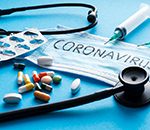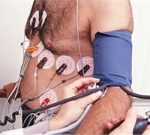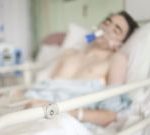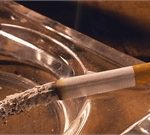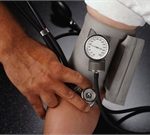
For a host of reasons, millions worldwide are deciding to give up meat and focus on a plant-based diet. But new research out of Greece is a reminder that not all vegetarian diets are healthy — especially for people who are already obese. “The quality of plant-based diets varies,” concluded a team led by Matina Kouvari of Harokopio University in Athens. Reporting Thursday at the virtual meeting of the European Society of Cardiology (ESC), her team assessed the diets of 146 randomly selected obese people in Athens, who had normal blood pressure, blood cholesterol and blood sugar, and did not yet have heart disease. Their diets were assessed using a questionnaire about their typical eating habits in the previous year. It asked about 156 foods and beverages commonly consumed in Greece. Within 10 years, nearly half of the participants had gone on to develop high blood pressure, high blood cholesterol and high blood sugar — a combination that’s particularly risky for the heart. However, diets focused on healthier plant-based foods were associated with normal blood pressure, blood lipids and blood sugar. These “healthier” vegetarian options included whole grains, fruits, vegetables, nuts, olive oil and tea/coffee, as well as foods made with the least amount of processing. On the other hand, unhealthy plant-based foods — items such as juices, sweetened beverages, refined grains (for example, white… read on >










